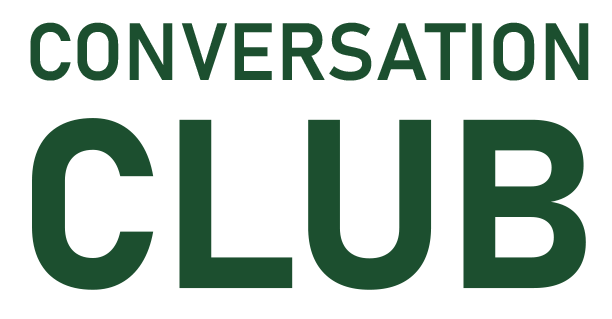Have you ever spent an entire flight wondering if you locked the house properly before you left? Has your brain ever decided to shut off right before an important interview or a meeting? Have you ever wondered why your kid didn’t satisfactorily attempt the paper despite knowing all the answers? Are sleepless nights, laden with anxious thoughts, a norm for you?
Stated or related situations are often triggered and tend to impede our daily lives. Blame it upon the difficult lifestyle or city chaos, insurmountable challenges or ever worsening competition, anxiety tends to knock pretty often. And this is true irrespective of age, background or gender. A housewife is as overwhelmed as an established corporate employee. A young teen might be as riddled with fretfulness as a retired individual. Our personal challenges, biological changes, fluctuating external factors or simply put, the world inside and out, tend to ensure enough stress for any normal person.
A possible solution 3-3-3 rule
3-3-3 rule is not a magic mantra or a tablet that can instantly relieve pain. It is a simple psychological technique that systematically helps gain better control over your own thoughts and thus reduce restlessness. An agitated mind is the underlying cause for stress and calming it down is 3-3-3 rule’s centric focus.
Weaponize your senses
Yes, that’s how the rule works! The solution to your anxiety is within you at all times. All you need to do is start the calming process by activating the 3 senses.
- Your eyes are the starting point. If you are finding it extremely difficult to shrug off a negative thought, simply ignore your mind for a second and focus on your surroundings and pick 3 objects around you. These 3 things do not have to be beautiful or charmingly attractive; they can be as mundane as an attendance register in the examination room or an age-old wall clock in the conference room. Once you’ve identified the 3 things around you, simply focus on their physical characteristics. Color, shape, dimensions, logo, dust, spider webs, etc. The idea is to really shift from the internal cobweb of thoughts to the outside world.
- Now engage your ears. The next sense that you need to awaken is your ability to hear. In this stage of the relaxation technique, you need 3 sounds. Again, we are not dependent upon your favourite music album or the voice of a loved one. Anything from the whistle of a kettle to the creak of furniture can work. Again, really push your mind to pay attention to these identified sounds, rather than the noises inside you.
- The third and final stage of mindfulness requires simple body movements. In this part of the relaxation process, move any 3 body parts. Maybe squint your eyes or tap your knees, rotate your head or deeply inhale and exhale. As you do this, closely pay attention to how your body is moving. Again, the idea is to shift focus from inside to outside parameters and thus deal with stress.
Why does the 3-3-3 rule work?
The rule works simply because our senses get busy focusing on outside things. The mind is not interested in multi-tasking and when we push it to pay attention to the external environment, it tends to forget about the internal anxiety. You are pushing your senses to stay in the present and that helps attain a state of composure, especially in high stress environments.
